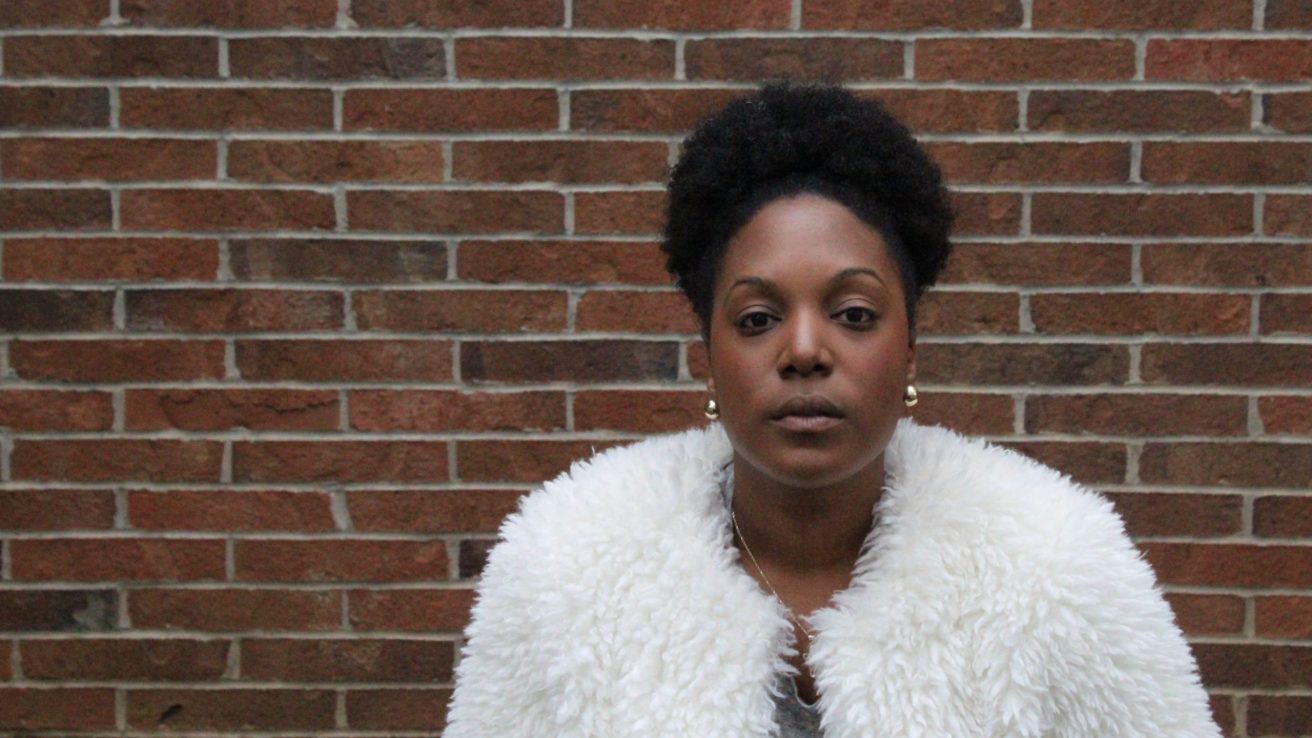In the Midwestern United States, although Black Americans use opioids less than their white counterparts, they are significantly more likely to die from an opioid overdose.
This study, published in the Journal of Health Disparities Research and Practice, examined opioid use among Midwestern Black Americans and the potential for faith-based opioid prevention and intervention programs in the Midwestern Black community. Using data gathered from four African American churches in the Kansas City area, the researchers examined factors that predicted opioid use. The study participants were majority female (71%) and church-going (74%), with an average age of 47.
Ultimately, it was found that 53% of the 250 study participants had used prescription opioids. Participants who reported such use attended church more frequently, were less likely to be on Medicaid, and had a history of severe pain.
The researchers concluded that faith-based opioid prevention and intervention programs might benefit African Americans with chronic pain in the Midwest. Such programs could help facilitate better treatment outcomes, including access to quality pain management services and access to naloxone, thereby helping to rectify the disparity in opioid overdose deaths faced by Black Americans in the Midwest [1].
Source:
[1] Christensen, K., Berkley-Patton, J., Bauer, A., Bowe, T., & Burgin, T. (2020). Risk factors associated with opioid use among African American faith-based populations. Journal of Health Disparities Research and Practice, 13(4). https://digitalscholarship.unlv.edu/jhdrp/vol13/iss4/3/










